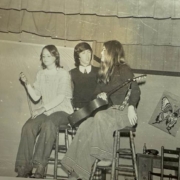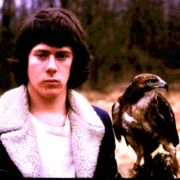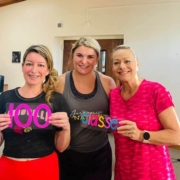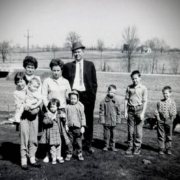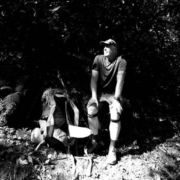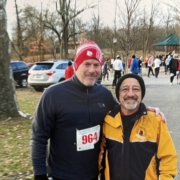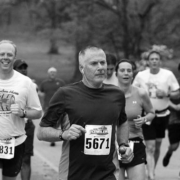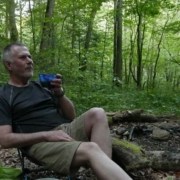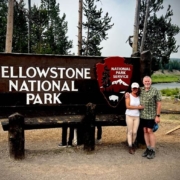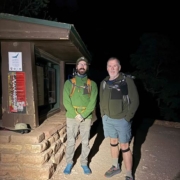Sometimes It’s Hard to Tell the Living from the Dead | Healthy Aging Series: S11 E24
Basement Stories A lot of memorable things have happened in basements. One of my favorite movies is “Signs.” The basement scene is great! The world is being invaded by aliens. Mel Gibson’s character, Graham, is holding his basement doorknob to prevent the aliens from getting into the basement. Kind of funny. The aliens can’t get…

